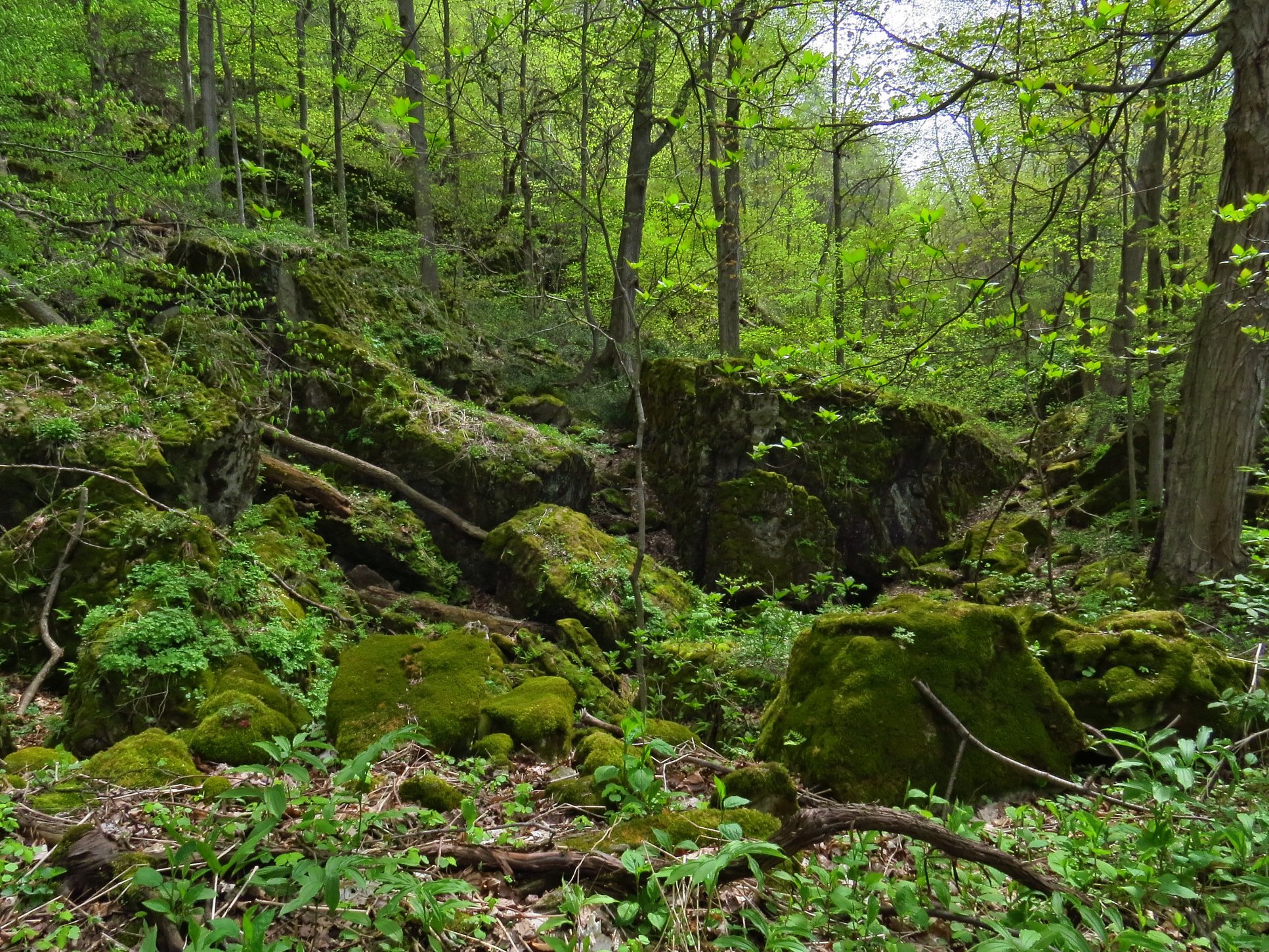 Soil microbiota transplanted from more stressful environmental conditions – drought or excessive heat or cold, for example – can enhance tree tolerance to changing climates, researchers report. The findings suggest that management of soil microbiota, especially during forest restorations, could be a valuable strategy for increasing forest resilience to climate change. Climate change is forcing many species outside of their evolved range of environmental tolerances, forcing them to acclimate, adapt, or migrate to avoid extinction. For long-lived trees, neither adaptation nor migration may happen fast enough to keep up the pace of climate change. However, research shows that diverse assemblages of microbes that live on and around plants, including mycorrhizal fungi in the soil surrounding their roots, can enhance plant tolerance to environmental stress. And since microbial taxa are likely to adapt faster than their host and disperse farther, microbial associations may offer an alternative, underappreciated source of plant community resistance to climate change.
Soil microbiota transplanted from more stressful environmental conditions – drought or excessive heat or cold, for example – can enhance tree tolerance to changing climates, researchers report. The findings suggest that management of soil microbiota, especially during forest restorations, could be a valuable strategy for increasing forest resilience to climate change. Climate change is forcing many species outside of their evolved range of environmental tolerances, forcing them to acclimate, adapt, or migrate to avoid extinction. For long-lived trees, neither adaptation nor migration may happen fast enough to keep up the pace of climate change. However, research shows that diverse assemblages of microbes that live on and around plants, including mycorrhizal fungi in the soil surrounding their roots, can enhance plant tolerance to environmental stress. And since microbial taxa are likely to adapt faster than their host and disperse farther, microbial associations may offer an alternative, underappreciated source of plant community resistance to climate change.